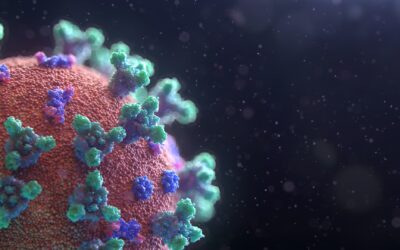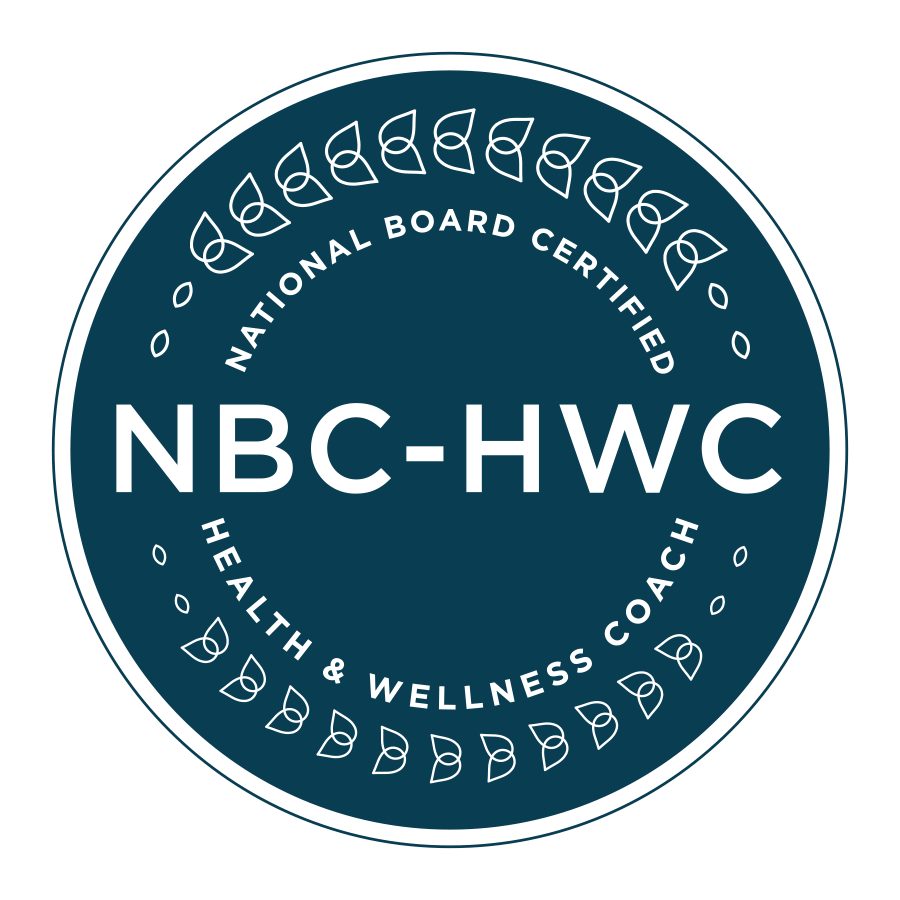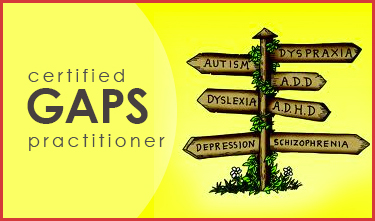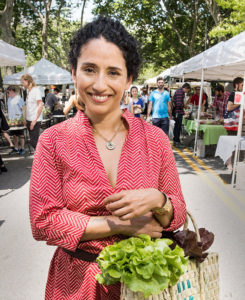By now most of us probably know what a comorbidity is, or have at least heard the term. A person with comorbidities is experiencing two or more disease processes at once. In the context of Covid-19, it means that the person has a diagnosis of another medical condition at the time that they contract Covid-19.
The most common comorbidities with Covid-19 are hypertension, obesity, diabetes and heart disease. [1] I think they are the most common comorbidities simply because they are the most common chronic conditions in America. [2]

Hypertension, obesity, diabetes and heart disease are part of the same spectrum of dysfunction called metabolic syndrome. Metabolic syndrome is a progression of chronic inflammatory processes — abdominal obesity, high blood pressure, high blood sugar, high serum triglycerides and low serum high density lipoprotein (LDL), that over time lead to diabetes and heart disease. Metabolic syndrome occurs when our lifestyle doesn’t match up with the needs of the human body — a diet full of processed, high-calorie, low-nutrient foods, lack of appropriate movement, chronic stress, environmental toxicity, dehydration, and sleep deprivation all add to the development of these chronic inflammatory processes.
Yet, the human body being more resilient than we generally give it credit for is forever trying to heal. That is, at any given moment, there are a multitude of inflammation repair mechanisms under way in the body. We can see a prime example of this kind of mechanism when we look at the interaction between Covid-19, ACE2 receptors and hypertension medications. [3]
A brief on ACE2 receptors.
ACE2 stands for angiotensin converting enzyme II. Hypertension medications affect ACE2 receptors. What does this have to do with Covid-19? Potentially, a lot, because there is now a medical consensus that the ACE2 receptors in cells are the “door” the Covid-19 virus uses to “enter”cells. [4]
In order to understand ACE2 receptors, first we need to talk about a few other things:
The renin–angiotensin aldosterone system (RAAS) is the hormone-regulated mechanism in charge of blood pressure and electrolyte balance.
Renin — an enzyme secreted in the kidneys — helps increase blood pressure by converting angiotensinogen to angiotensin I.
Angiotensin-converting enzyme (ACE) in the lungs and kidneys converts angiotensin I to angiotensin II, which results in vasoconstriction— blood pressure rising — and an inflammation response that repairs tissue.
There’s another mechanism that does pretty much the opposite. Angiotensin converting enzyme II (ACE2) inhibits ACE, lowering blood pressure and relaxing the inflammation response.
But the constant need for blood pressure regulation and tissue repair — the chronic inflammation — increases the need for both ACE and ACE2, and for ACE and ACE2 receptor sites in the cells. This could offer an explanation as to why smokers and people on the metabolic syndrome spectrum are presenting with more severe cases of Covid-19. Since ACE2 receptors are the pathway by which the virus enters the cell, more ACE2 receptors means more opportunities for the virus to enter cells.
There’s been a lot of discussion about what all this may mean for people taking ACE inhibitors and angiotensin II receptor blockers (ARB’s) — the two major classes of medications used to manage hypertension.
Let’s review how these are the same but different:
Angiotensin-converting-enzyme inhibitors (ACE inhibitors) prevent the conversion of angiotensin I to angiotensin II whereas ARB’s prevent angiotensin II from binding to receptors. Less angiotensin II means less vasoconstriction and thus lower blood pressure. So both classes of drugs aim to do the same thing, but they do it in different ways.
ACE inhibitors are the ones that end in “pril”: Benazepril, Zofenopril, Perindopril, Trandolapril, Captopril, Enalapril, Lisinopril, Ramipril, etc.
ARB’s are the ones that end in “sartan”: Valsartan, Telmisartan, Losartan, Irbesartan, Azilsartan, Olmesartan, etc.
Notice that none of them address the root causes of the hypertension. The dynamics (chronic inflammation) that result in high blood pressure are still very much at play.
Anyway, back to the ACE2 receptors and Covid-19.
There’s already a multitude of studies on the possible interactions between blood pressure-lowering meds and Covid-19, but as of mid-May 2020 the only somewhat clear conclusion is that a person with hypertension taking an ACE inhibitor or an ARB could have a lower risk of having a life-threatening case of Covid-19 than a person with hypertension who isn’t taking one. [5]
I mean, that doesn’t seem too life-changing to me. I’d rather focus on stuff that’s more significant. Like, why are there so many people in the metabolic syndrome spectrum in the first place?
The hypertension, obesity, diabetes and heart disease will still be there regardless of which medications are used, simmering on the back burner, diminishing our quality of life and making us more prone to disease — beyond Covid-19.
We should do something about THAT, don’t you think?

About Andrea
I am a functional medicine health coach and a therapeutic diets chef and my mission is to help you feel great in your physical body so that you can focus on living the life you want.
Since 2005 I've been dedicated to the study and practice of nutrition, wellness and functional medicine principles, which I translate into a customized practice for you. Think of me as a project manager. The project? YOUR freedom from chronic dis-ease.









0 Comments